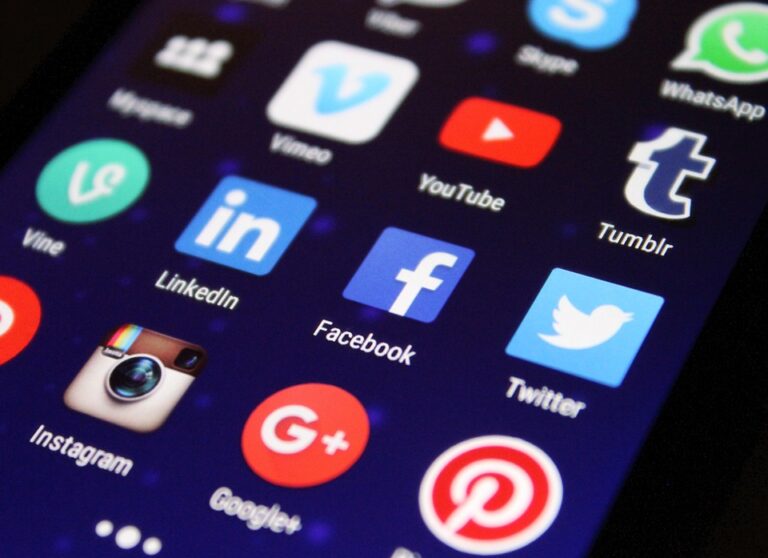Government Regulation vs Personal Freedom: A Delicate Balance

In recent years, the debate over government regulation versus personal freedom has become increasingly significant. As societies evolve, technological advancements and global challenges necessitate a reevaluation of the roles and responsibilities of government and the rights of individuals.
The Role of Government Regulation
Government regulation is often seen as essential for maintaining order, protecting citizens, and ensuring fair practices in various sectors. From environmental policies to health and safety standards, regulations are enacted to serve the public interest.
However, the extent and scope of these regulations can sometimes spark controversy, as they may impinge on individual freedoms or stifle innovation.
Protecting Public Health and Safety
One of the primary justifications for government regulation is the protection of public health and safety. Regulations in this area are designed to prevent harm and ensure that citizens can live in a secure environment.
For instance, food safety regulations ensure that the products we consume are free from harmful substances, while workplace safety standards protect employees from hazardous conditions.
However, these regulations can sometimes lead to debates about personal choice. For example, mandatory vaccination policies have stirred discussions about bodily autonomy versus public health benefits.
Striking a balance between individual rights and collective welfare remains a complex issue that requires careful consideration.
Ensuring Economic Stability
Regulations play a crucial role in maintaining economic stability by preventing fraud, ensuring fair competition, and protecting consumers. Financial regulations, for example, help prevent economic crises by overseeing banking practices and safeguarding investments.
Similarly, antitrust laws prevent monopolies and encourage competition, fostering innovation and benefiting consumers.
While these regulations are vital for economic health, critics argue that excessive regulatory burdens can hinder business growth and limit entrepreneurial freedom. Finding the right level of regulation is crucial to promoting economic prosperity while safeguarding the rights and interests of all stakeholders.
The Importance of Personal Freedom
Personal freedom is a fundamental human right that underpins democratic societies. It encompasses the ability of individuals to make choices about their lives without undue interference from the government. The preservation of personal freedom is essential for fostering creativity, innovation, and self-expression.
Freedom of Expression
Freedom of expression is a cornerstone of personal freedom, allowing individuals to voice their opinions, share ideas, and engage in open dialogue. This freedom is vital for the functioning of a healthy democracy, as it enables citizens to participate in political processes and hold governments accountable.
However, this freedom is not absolute, as it must be balanced against the need to prevent harm caused by hate speech or misinformation. Governments often face the challenge of regulating speech in a manner that protects individuals while preserving the essential right to free expression.
Privacy and Autonomy
In the digital age, the right to privacy has become increasingly important. Individuals should have control over their personal information and the right to make autonomous decisions without unwarranted surveillance or data collection.
Privacy regulations, such as the General Data Protection Regulation (GDPR) in the European Union, aim to protect individuals’ data rights.
The tension between privacy and security is a recurring theme in discussions about personal freedom. Government surveillance programs, justified by national security concerns, often raise questions about the extent to which privacy can be sacrificed for the sake of safety.
Striking a Balance: The Path Forward
Achieving a balance between government regulation and personal freedom is no simple task. It requires ongoing dialogue, transparency, and a commitment to democratic principles.
Policymakers must carefully weigh the benefits of regulation against the potential infringement on personal freedoms, ensuring that regulations serve the public interest without unnecessarily restricting individual rights.
Engaging Citizens in the Decision-Making Process
One effective way to strike this balance is by engaging citizens in the decision-making process. Public consultations, town hall meetings, and digital platforms can provide opportunities for individuals to voice their concerns and contribute to the development of policies that affect their lives.
By actively involving citizens, governments can foster a sense of ownership and trust, leading to more effective and equitable regulation.
Embracing Technological Advancements
Technological advancements can also play a role in balancing regulation and freedom. Innovations in data analytics and artificial intelligence can help create smarter, more efficient regulatory frameworks that minimize bureaucratic red tape while ensuring compliance.
Additionally, technology can empower individuals to exercise their rights more effectively, providing tools for privacy protection and self-expression.
Conclusion
The interplay between government regulation and personal freedom is a dynamic and ever-evolving discourse. As societies face new challenges and opportunities, it is essential to continually reassess the balance between these two vital elements.
By prioritizing transparency, citizen engagement, and technological innovation, we can navigate this complex landscape and create a future where both government regulation and personal freedom coexist harmoniously, fostering a society that is safe, prosperous, and free.






